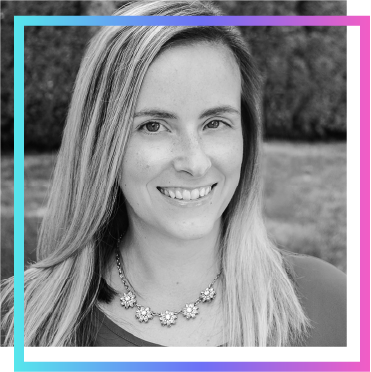We may receive commission if you decide to use counseling services through BetterHelp or other resources on our website.
Telemental/Telehealth Health Regulation in Missouri
TABLE OF CONTENTS
I. What are the licensure requirements in Missouri for telehealth mental health care?
In Missouri, general health care services for most specialties can be provided to you via telehealth. Mental health services are particularly accessible, as Missouri is a member of PSYPACT and allows any licensed mental health professional to offer real-time services via remote platforms. To practice telepsychology, your provider must be either licensed in Missouri and eligible for a PSYPACT passport or offer temporary services across state lines and be a PSYPACT member who meets all eligibility requirements.
Requirements for out-of-state treatment
Missouri limits telehealth services to those who are licensed by their respective boards within the state. However, Missouri participates in a variety of multistate licensing agreements, including the Psychology Interjurisdictional Compact (PSYPACT), Physical Therapy Compact (PT Compact), Nurses Licensure Compact (NLC), and The Interstate Commission for EMS Personnel Practice. By participating in these compacts, the state allows you to seek care in any region with participating providers if you can’t obtain a local appointment.
Emergency licensure
Missouri currently has no emergency process in place to speed up licensing for medical professionals. Applications continue to be processed at regular intervals, but if you’re waiting for a specific doctor to be licensed in Missouri, standard wait times apply.
II. What are the online prescribing regulations in Missouri?
In Missouri, some health care providers can prescribe new medications or generate refills for patients via telehealth, as long as they can safely meet the standard for examination. Internet questionnaires and audio-only telephone calls are not enough when writing you a new prescription. If you already have a doctor that you’ve seen in the office, they can write prescriptions for any medication you might need, including controlled substances.
III. What are other common telehealth restrictions in Missouri?
In Missouri, telehealth providers must use a real-time communication method that typically includes a video function. In addition to the limitations on how telehealth services can be provided, Missouri also requires providers to be licensed in the state, unless providing consultation services at the request of your existing Missouri-licensed physician.
Types of telehealth services allowed
In Missouri, health care providers receive reimbursement for all services offered via telehealth that are comparable in quality of care to an in-person visit. Store-and-forward services are being added to telehealth reimbursement options, although the program is being monitored for affordability and may not continue past the trial period. Currently, there are no restrictions on store-and-forward services or listed costs associated with data transmission, but you may not be guaranteed coverage for these services. It’s a good idea to seek preauthorization from your insurance company before agreeing to these services.
Types of providers allowed to offer telehealth services
Missouri allows you to access a variety of health services, as long as the type of service is something that can be successfully offered via a remote platform. For example, a physical therapist may provide some services remotely, but an initial, in-person exam may be necessary to establish your baseline performance expectations. Psychology and other mental health services are often offered via remote platforms to make them more accessible, particularly in remote areas where commute times might make accessing mental health care extremely challenging.
Emergency allowances
While public health emergencies can affect wait times and public access to health care professionals, there is no process for doctors to obtain an emergency license. The combination of general access to state-licensed professionals and multistate compacts for sharing resources limits the need for emergency licensing.
IV. Telehealth provider resources in Missouri
The rapid expansion of telehealth availability and the adoption of parity laws, which guarantee providers equal pay for services offered in-person and through telehealth, make it easier for you to see your doctor remotely. Telehealth may have nuanced legislation that can dictate how and when you can schedule an appointment. Staying up-to-date on the latest regulations is a must, and these sources are a good place to start.
Missouri Division of Professional Registration
This organization is responsible for licensing many medical professionals. Using the website, you can find the most up-to-date information about licensing and testing data, and you can also check on your doctor’s credentials.
Contact Information: Website | 573-751-0098
Missouri Department of Social Services Healthnet
The Department of Social Services can provide you with detailed information about Missouri Medicaid benefits and covered services. The Physician Manual provides detailed descriptions of what services you may be able to access and lists all available waiver programs that you might qualify for.
Contact Information: Website | 855-373-4636
PSYPACT
If your psychologist is a member of PSYPACT, you may be able to make telemental health appointments, even when the office is closed. This program allows you to work with out-of-state providers, even when you live in Missouri. While your long-term provider will need to obtain a license to practice in the state, you can always get an emergency appointment with an out-of-state PSYPACT member, when needed.
Contact Information: 678-216-1175
V. Sources
- Missouri Division of Professional Registration | Last accessed February 2025
- Department of Social Services: MO Healthnet | Last accessed February 2025
- Practice Under PSYPACT | Last accessed February 2025
- CCHPA: Missouri Professional Regulations/Health & Safety Online Prescribing | Last accessed February 2025
- State of Missouri Physician Manual | Last accessed February 2025


